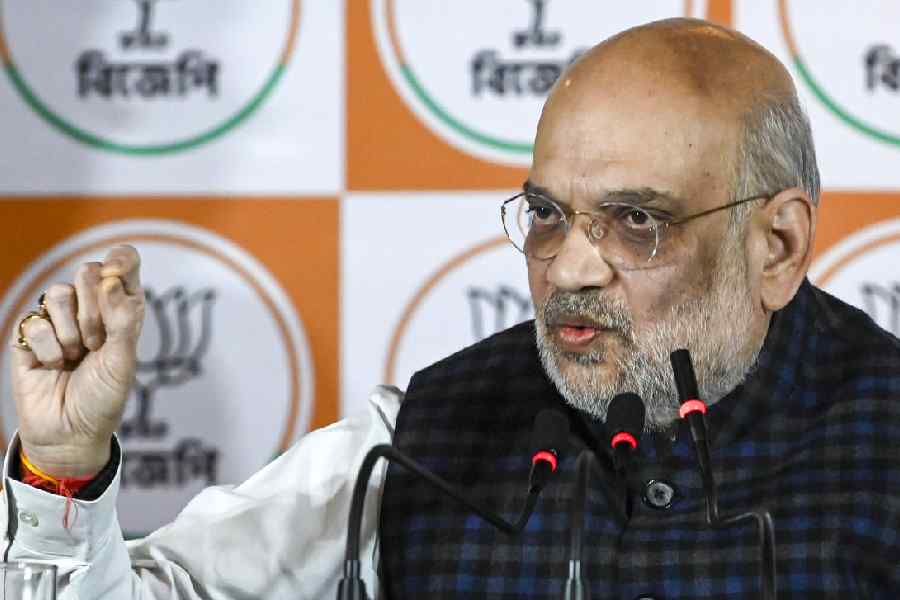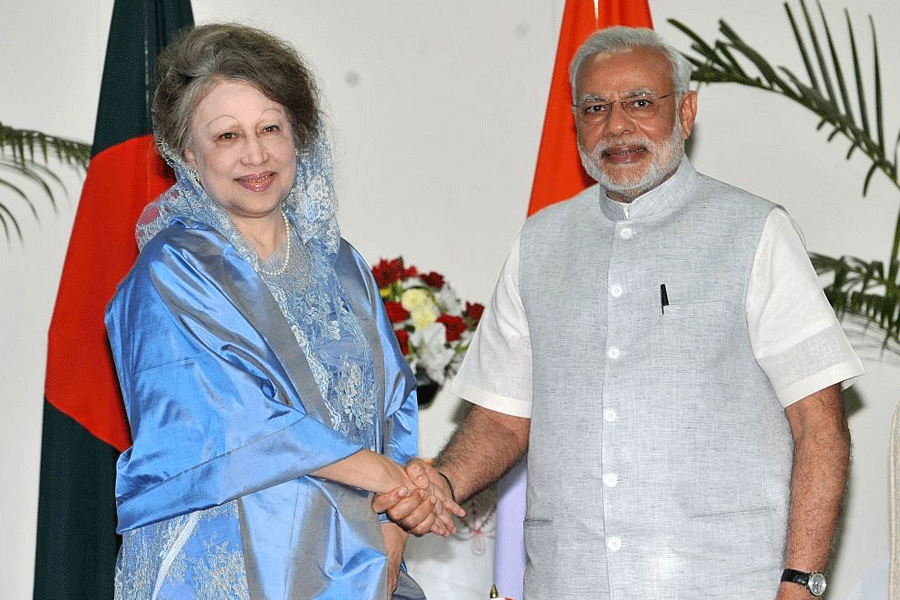 |
I am a 35-year-old married woman. I could not have a child as my husband has some defects. Doctors advised me to go for artificial insemination but my husband did not agree. He wants to adopt a child instead. I want to bear a child through artificial insemination. In that case what will be the status of my child in the family? — Shruti
This is a tricky question. I would like to share the legal aspects of this issue with you. There are court verdicts, which say that a child born through artificial insemination without consent of the husband is illegitimate. There are three types of insemination. Artificial insemination can be done by using sperms of a donor, when the husband’s sperm count is low. It can also be done by using the husband’s sperms in case he has a erection problem. Sometimes the sperms of the husband and the third party donor is mixed and then inserted into the female ovary.
The question is whether artificial insemination amounts to adultery? Does it amount to consummation of marriage?Is the child born of artificial insemination legitimate or illegitimate? Is the father bound to maintain such a child. It should be known that if the husband consents to artificial insemination with his or someone else’s sperms, the child born is considered to be legitimate. But the problem is with regard to a child born without the husband’s consent. The issue whether artificial insemination without the consent of the husband through a third party amounts to adultery was raised for the first time in a Canadian court in Oxford. In that case the marriage was not consummated because of some physical affliction of the wife. The wife, however gave birth to a child. The husband accused his wife of adultery. The wife took the plea that she had resorted to artificial insemination as the doctor advised her that it was the only way she could be cured.
The court did not believe her but observed on the concept of adultery that, “In my judgement the essence of the offense of adultery consists not in the turpitude of the act of sexual intercourse, but in the voluntary surrender to another person of the reproductive powers or faculties of the guilty person. Any submission of those powers to the service or enjoyment of any person other than the husband or the wife ,comes within the definition of adultery.”
Sexual intercourse outside marriage is adulterous because in that case a woman invites the possibility of introduction into her in-laws’ family a false strain of blood. Any act on the part of the wife which does that would therefore, be adulterous. This aspect of law was also discussed in the House of Lords, England. But considering all the points raised in favour or against the concept of adultery we can safely say that in the absence of consensual intercourse and penetration, it should not be deemed to constitute adultery for purpose of criminal law.
In India, the IPC says, “Who ever has sexual intercourse with a person who is and whom he knows or has reasons to believe to be the wife of another man, such relations do not amount to rape. Even in Hindu Marriage Act, 1955 in the absence of any special definition “adultery means consensual sexual intercourse between two married person and another person of the opposite sex during marriage”.
Readers can send in their queries to our lawyers at ttkhand@abpmail.com











